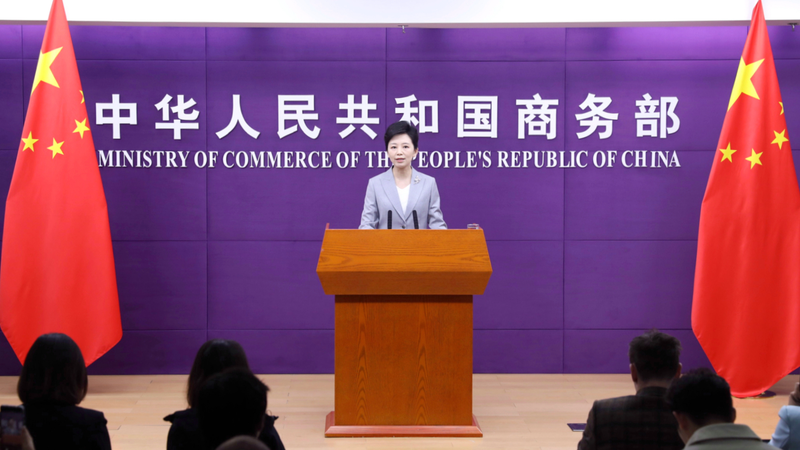
China Condemns Dutch Interference in Nexperia Operations
China criticizes Dutch interference in semiconductor firm Nexperia, citing market principle violations and risks to global tech supply chains.
News & Insights Across Asia

China criticizes Dutch interference in semiconductor firm Nexperia, citing market principle violations and risks to global tech supply chains.
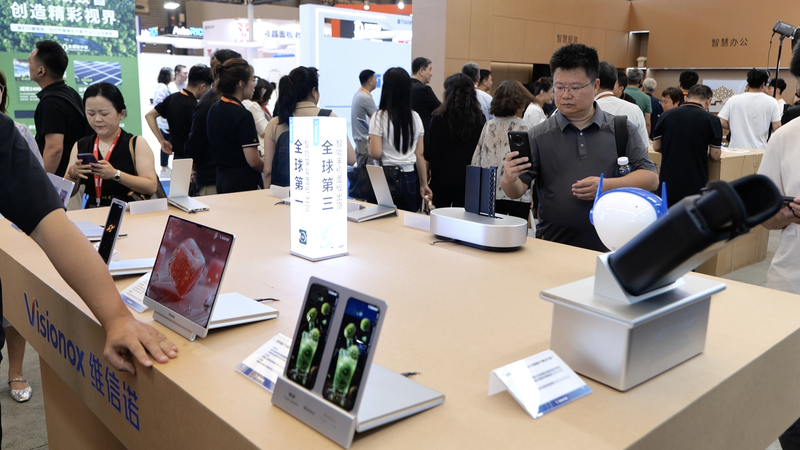
China’s appliance subsidies drive record electronics sales, boosting semiconductor demand and global tech partnerships. Insights from Shanghai’s market trends.

Global semiconductor firms face uncertainty as Trump’s 100% tariffs loom; EU seeks negotiations to protect its growing chip sector.

Chinese researchers develop groundbreaking perovskite solar cell material, boosting efficiency and scalability. U.S.-certified breakthrough published in Science.
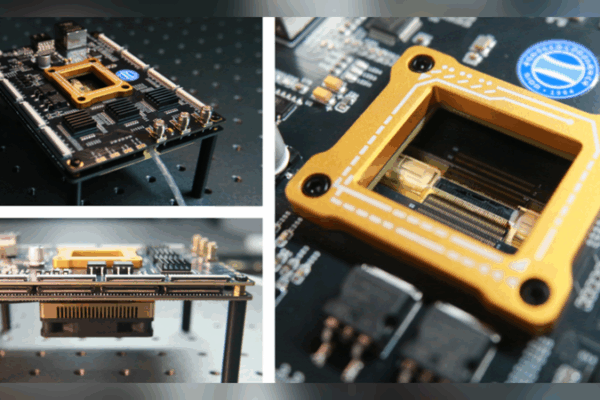
Chinese scientists develop the world’s first ultra-parallel optical computing chip, achieving 2560 TOPS performance, with applications in AI and data centers.

U.S. restrictions on China’s semiconductor sector risk fragmenting global supply chains, threatening tech progress and economic growth, experts caution.

Qualcomm wins a pivotal legal battle against Arm Holdings, securing rights to expand into the laptop market and affirming its licensing agreements, despite lingering uncertainties over Nuvia’s license.

China’s business community has firmly opposed the United States’ tightened semiconductor export controls, calling the measures a violation of market economy laws and a threat to global supply chains.

Leading U.S. chip makers Micron and Qualcomm attend the second China International Supply Chain Expo in Beijing, highlighting China’s growing influence in the semiconductor industry and forging new partnerships.

The U.S. Department of Commerce will grant Samsung up to $6.4 billion to expand its Texas chip production facilities, aiming to strengthen domestic semiconductor manufacturing and national security.
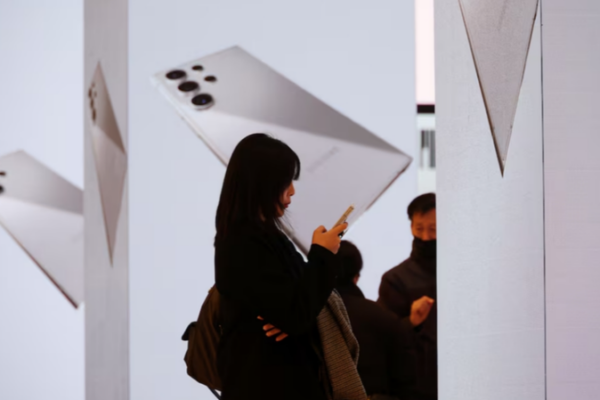
The U.S. is set to award Samsung over $6 billion to expand its chip manufacturing facilities in Texas, aiming to boost domestic semiconductor production and strengthen technological infrastructure.
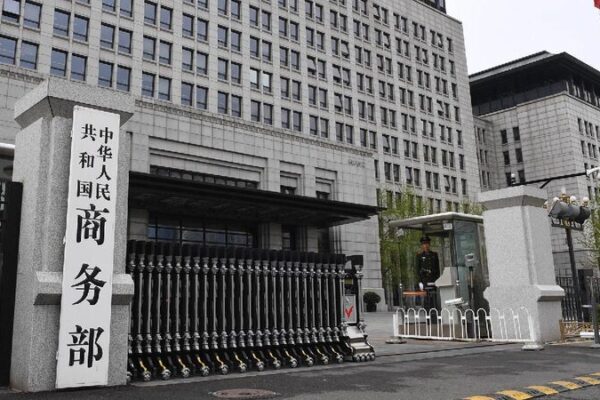
China opposes the U.S. tightening of export controls on AI chips and chipmaking tools, stating that the revised rules harm the global semiconductor industry and impede trade cooperation.
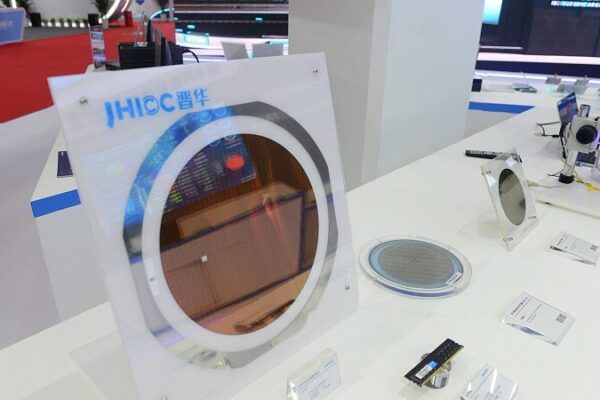
The DOJ’s case against China’s Fujian Jinhua highlights escalating US-China tensions over technology and intellectual property in the semiconductor industry.